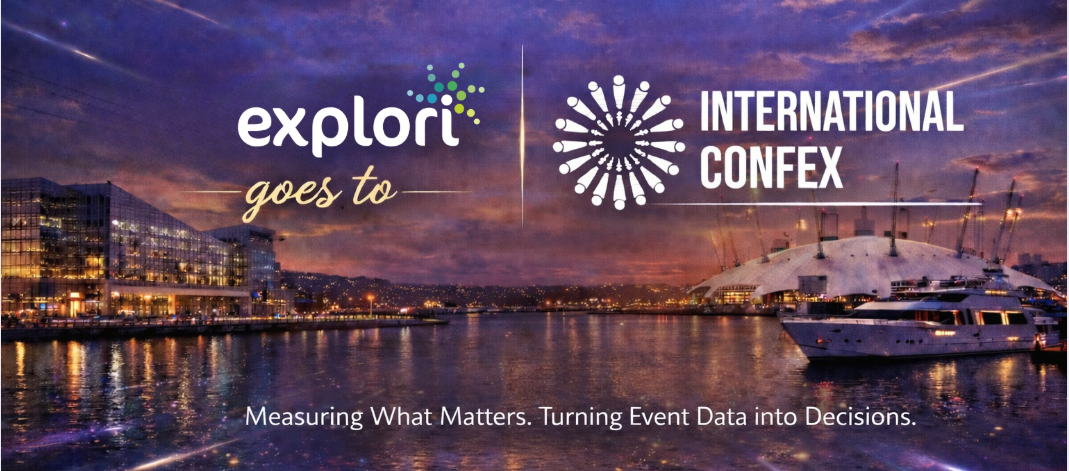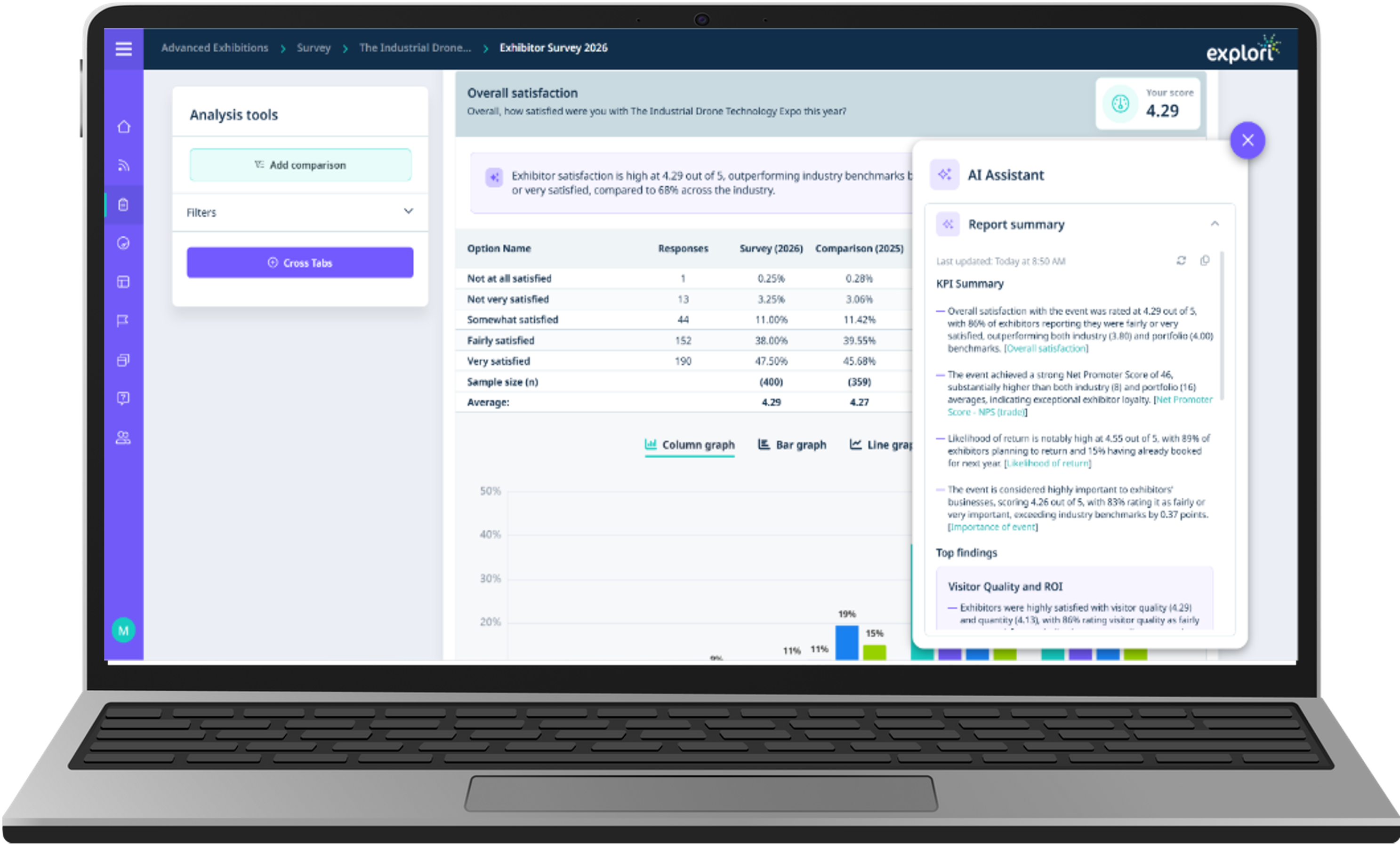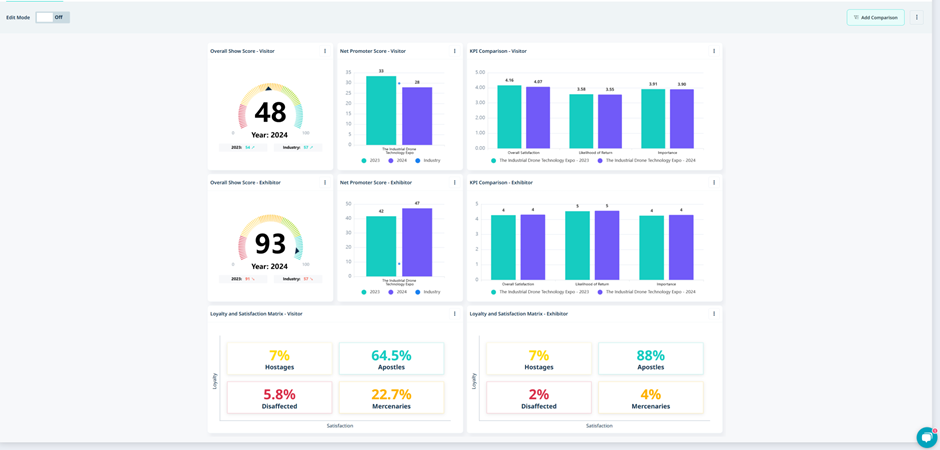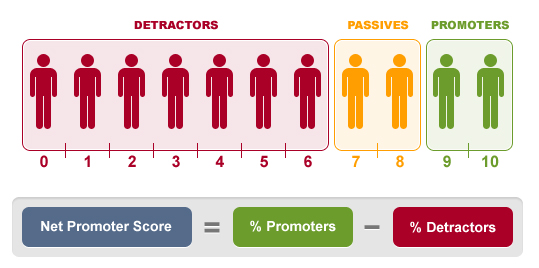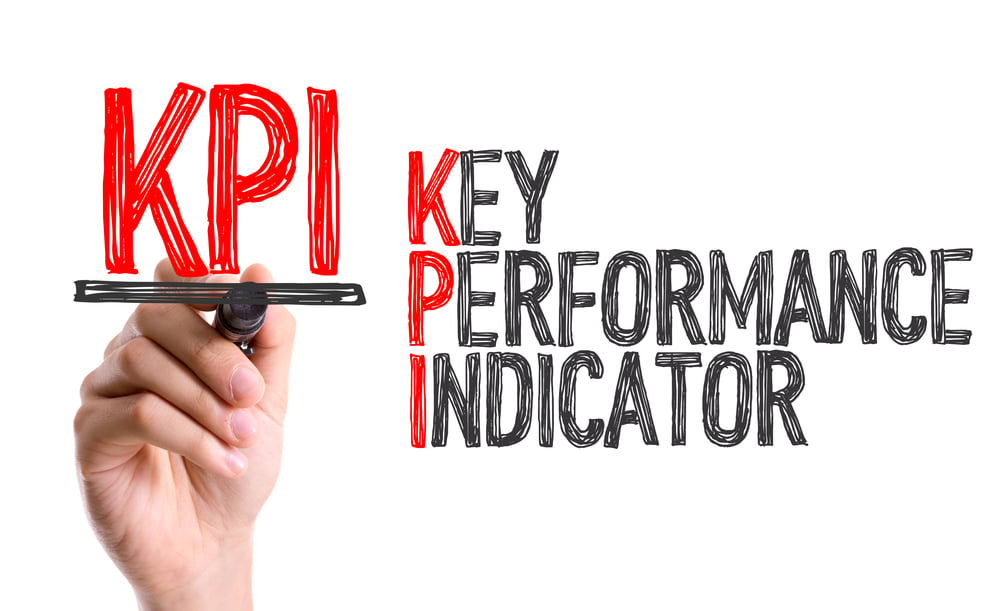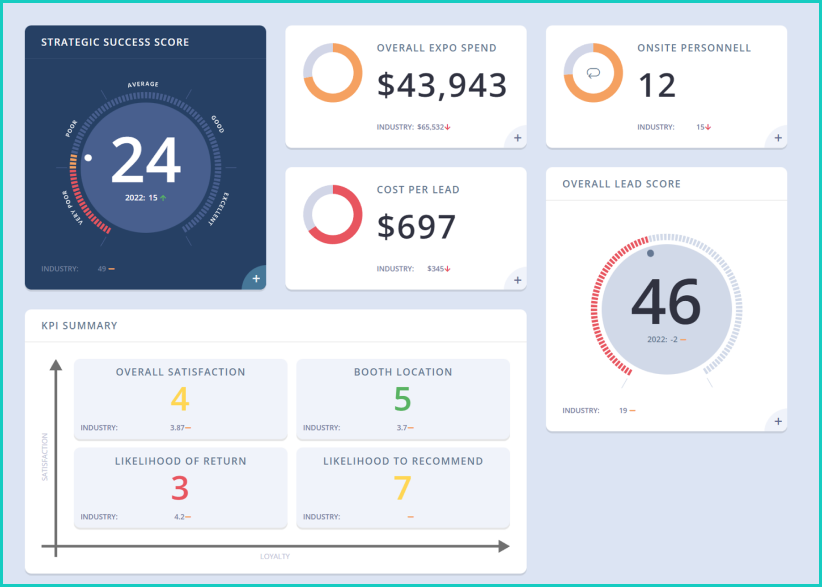
Why Traditional Trade Show ROI Models Are Failing (And What’s Replacing Them)
Feb 12, 2026
Trade shows remain one of the largest line items in B2B marketing budgets. Yet for many organisations, measurement still hasn’t kept pace. Leads are counted. Booth scans are reported. Post-event decks are shared. But when leadership asks, “What did we actually move forward?” the answers are often less clear. In our recent live panel discussion, hosted by Explori's CEO, Mark Brewster, and Maddy Ryley (Managing Editor, Trade Show Executive) , senior trade show organisers and corporate event leaders unpacked why traditional trade show ROI models are breaking down, and what a more credible, commercially grounded model should look like instead. Watch the Full Webinar On-Demand If you want to hear the full discussion, including the candid back-and-forth on measurement friction, API access, B2B festival formats, and multi-year event strategy, you can watch the complete session below. This wasn’t a theoretical conversation. It was operators sharing what’s actually happening inside global event portfolios today. Here are the 6 key shifts that defined the conversation, and why they matter for anyone accountable for event performance. 1. Lead Volume Is Not Business Impact One of the clearest themes from the session was the distinction between activity metrics and business outcomes. Many teams still optimise for number of badge scans, cost per lead, and booth traffic. Yet these metrics rarely answer the commercial question that matters: did this event move pipeline, shift perception, or accelerate relationships? As Dean Armintrout, Sr. Director of Global Experiential Marketing at Zendesk, put it: “Some events must work hard for pipeline. Others are brand-building commitments that require a multi-year strategy. If you treat everything like a lead-gen machine, you’ll underinvest in the events that actually shift perception.” This distinction is critical. Not every event exists to generate short-term revenue. Some are brand repositioning plays. Some are executive-level influence environments. Some are ecosystem builders. When every event is forced into the same ROI framework, organisations distort their own strategy. 2. Audience Quality Is the Real Lever From the organiser perspective, the conversation quickly sharpened around one principle: obsess over the attendee first. Greg Topalian, Chairman of Clarion Events North America and founder of On Deck Ventures, framed it simply: “If you get the attendee right, sponsor value follows.” The focus shifts from sheer volume to density and relevance. Not how many people walked the floor, but whether the right buyers were in the room. Not whether traffic increased, but whether intent concentrated. The rise of “B2B festival” formats, events that feel closer to immersive brand experiences than traditional trade shows, is raising expectations across the board. Format influences engagement. Engagement influences value. And value dictates what measurement should prioritise. 3. The Most Valuable Engagement Often Happens Off the Booth Floor One of the most commercially honest moments of the discussion came from the corporate side. Increasingly, the most valuable engagement isn’t happening at the booth at all. It’s happening in pre-booked executive meetings, curated side events, structured one-to-one sessions, and private sponsor-hosted environments. Sarah Gannon, Head of Corporate Events at MathWorks, was clear: “A pre-programmed meeting calendar can drive significantly more value than booth scans ever will.” Booth scans measure attention. Meetings measure intent. And intent is far closer to revenue. This shift fundamentally challenges traditional reporting models that over-index on badge scans and underestimate structured engagement. 4. Measurement Friction Is Growing Another recurring theme was data ownership and integration. Corporate teams increasingly expect API access, CRM integration, consistent measurement tools across events, and control over opt-in and follow-up workflows. When organiser systems don’t support that environment, exhibitors build their own measurement layer. As Sarah noted during the discussion: “I don’t need organisers to measure what I need to measure. I need the ability to measure it myself.” This isn’t about conflict. It’s about maturity. Trade show measurement is no longer just about post-event reports; it’s about interoperability and data flow. 5. Exhibitor Objectives Have Evolved Mark Brewster opened the session by sharing findings from the 2025 Explori Channel Insights Report. One of the standout shifts was that meeting existing customers is now one of the strongest-performing objectives at trade shows, often outperforming pure new-lead acquisition. That matters. Because many ROI models are still designed around top-of-funnel acquisition metrics, while actual strategic behaviour has shifted toward retention, expansion, and account penetration. When measurement frameworks lag behind strategic reality, confidence erodes. 6. What Replaces Traditional ROI? If cost-per-lead is no longer sufficient, what should replace it? The panel converged around four principles: Objective-based measurement (ROO, not just ROI). Define success against purpose, brand impact, pipeline influence, executive engagement, or customer retention. Integrated CRM and meeting data. Track opportunity progression, meeting outcomes, and pipeline acceleration, not just scan volume. Audience intelligence. Understand persona distribution, buying committee density, and account-level representation. Multi-year strategic evaluation. Some events require sustained presence before compounding impact becomes visible. This is not anti-ROI. It is anti-simplistic ROI. Digital marketing has evolved into intent signals, attribution models, and integrated dashboards. Trade shows are increasingly expected to operate with similar strategic credibility. Meet the Panel Greg Topalian Chairman, Clarion Events North America | Founder, On Deck Ventures Dean Armintrout Sr. Director, Global Experiential Marketing, Zendesk Sarah Gannon Head of Corporate Events, MathWorks Emile Davis Managing Director, Business Development, American Institute of Architects (AIA) Mark Brewster CEO, Explori | Founder, Event Leaders Exchange Maddy Ryley Managing Editor | Trade Show Executive Magazine ❓ Frequently Asked Questions What is trade show ROI? Trade show ROI traditionally measures revenue generated compared to exhibition cost. However, modern event strategies increasingly incorporate Return on Objectives (ROO), which measures success against defined strategic goals such as brand positioning, executive engagement, or pipeline acceleration. Why are traditional trade show ROI models failing? They focus heavily on short-term lead volume and overlook broader business outcomes such as perception shift, customer retention, account expansion, and strategic market positioning. How should trade show success be measured today? Trade show success should be measured using objective-based frameworks, CRM-integrated pipeline tracking, meeting-level engagement analysis, audience quality metrics, and multi-year strategic performance evaluation. What’s the difference between ROI and ROO? ROI measures financial return against spend. ROO measures performance against defined strategic objectives, whether revenue-based or not.
.png?width=150&height=61&name=explori_logo%20(1).png)
